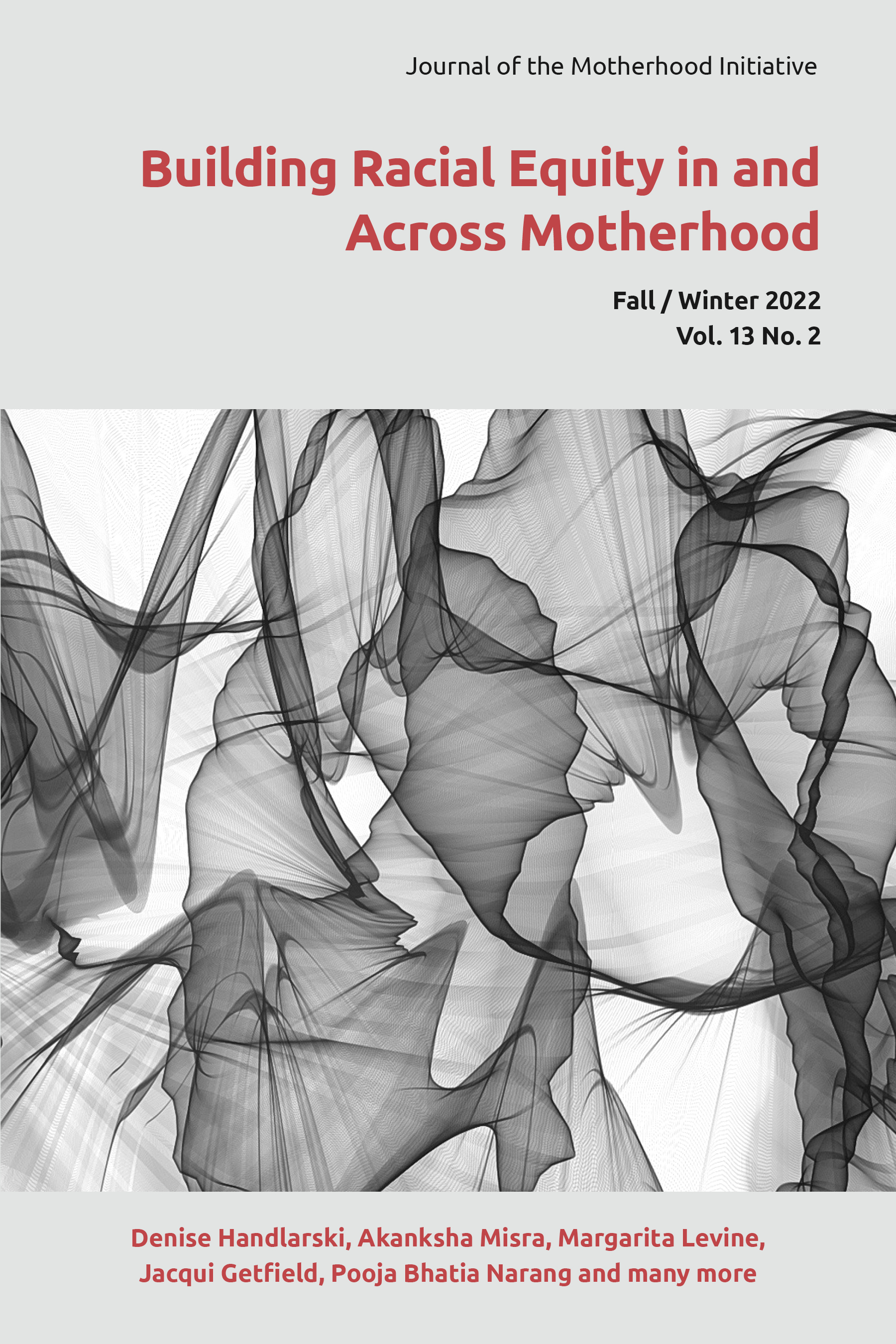Who Cooks What, How, and for Whom? Gender, Racial, Ethnic, and Class Politics of Food in Asian Global Households
Abstract
This article explores how the seemingly mundane practices of food preparation and consumption can become intersectional sites of gender, racial, ethnic and class politics in the contexts of global migration and household labour. It develops the idea of a “familial gastropolitics” (Vallianatos) by focusing on the experiences of Japanese mothers who have relocated to Hong Kong and Singapore and chosen to outsource housework to a female migrant domestic worker typically from a Southeast Asian country. How do these mothers reconcile their new role supervising a maid in a foreign environment with a traditional Japanese value system that ties notions of motherhood to the preparation of family meals? Analyses of original interview data as well as mom blog entries suggest, first, that many research participants adhere to the ideologies of Japanese motherhood by assigning to the maids only basic preparations before cooking (such as cutting up the ingredients) and the cleaning afterwards, both of which they still micro-manage. Disturbingly, several par-ticipants cited racial, ethnic, and class stereotypes of “them, foreign maids,” who could never acquire the cooking skills and knowledge of “us, Japanese madams,” when they described their experiences. The women seemingly drew on such stereotypes to sustain an ideal of Japanese foodways, such as obento (boxed lunch) making and other practices rooted in Japanese cultural nationalism and gender ideology. Simul-taneously, there was a shared understanding among them that managing the family’s foodways and running the household smoothly were the women’s job, freeing their husbands of household responsibilities and reinforcing the third-shift labour of the mothers. The analyses reveal that gendered divisions of labour are sustained in complex ways in tandem with global disparities and cultural nationalism in the most private sphere—home.
Downloads
Published
How to Cite
Issue
Section
License
All intellectual property in relation to material included on this site belongs to the Motherhood Initiative for Research and Community Involvement (MIRCI). All material on this site is protected by Canadian and international copyright and other intellectual property laws. Users may not do anything which interferes with or breaches those laws or the intellectual property rights in the material. All materials on the Motherhood Initiative for Research and Community Involvement (MIRCI) are copyrighted and all rights are reserved. Any reproduction, modification, publication, transmission, transfer, sale, distribution, display or exploitation of the information, in any form or by any means, or its storage in a retrieval system, whether in whole or in part, without the express written permission of the Motherhood Initiative for Research and Community Involvement (MIRCI) is prohibited. Please contact us for permission to reproduce any of our materials. This site may include third party content which is subject to that third party's terms and conditions of use.


